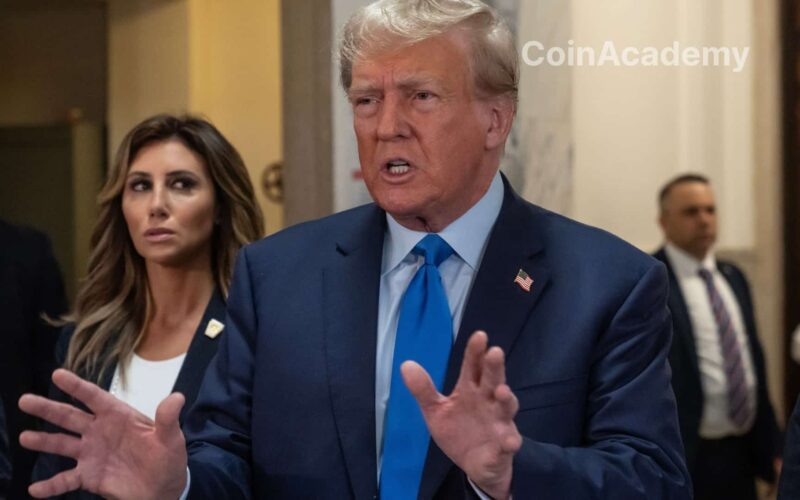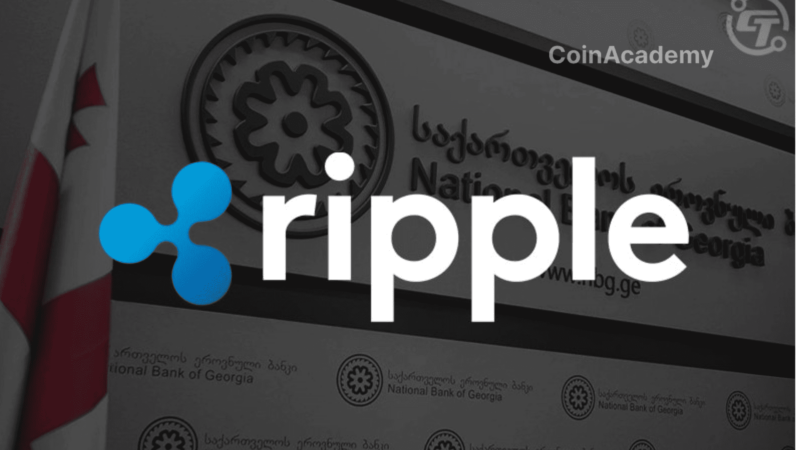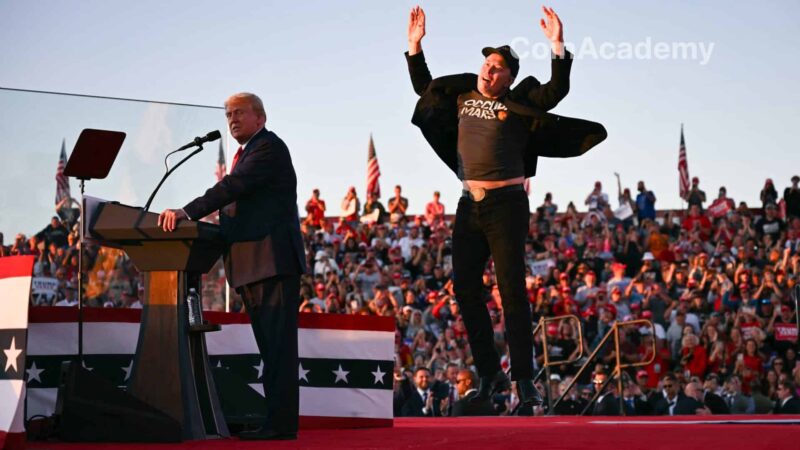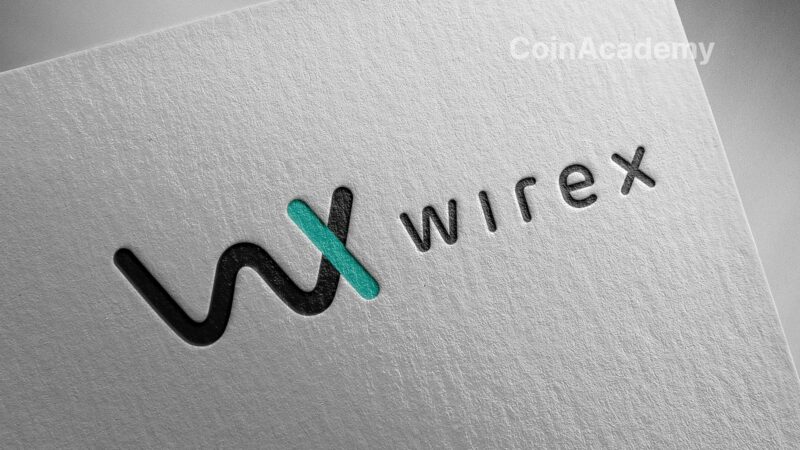Donald Trump, the perennial news-maker, is extending his influence into the cryptocurrency sector with his project World Liberty Financial (WLF). A recently published 13-page document, dubbed the ‘World Liberty Gold Paper,’ reveals surprising details about the distribution of tokens and generated revenue in this new financial venture. The Trump family is set to receive 75% of the protocol’s net income, while the remaining quarter will go to their business partners.
The Trump family reaps the majority of World Liberty Financial’s revenue
The document explains that an entity called DT Marks DEFI LLC, linked to Donald Trump, will receive the majority of the project’s revenue, which equates to approximately 22.5 billion $WLFI tokens, valued at $337.5 million at the launch price of 1.5 cents per token, assuming all tokens are sold. This advantageous positioning allows the Trump family to secure a significant piece of the pie while avoiding any responsibility in the management or operation of the company.
In contrast to other crypto projects where founders often play a central role in operational management, the Trump family holds no executive, employee, or managerial positions within WLF. The document specifies that the project and tokens ‘have no affiliation with a political campaign.’ This clarification may seem strategic, given Trump’s position as a Republican candidate for the US presidency.
However, the prediction protocol, Polymarket, ultimately settled on a ‘Yes’ to the question of whether Donald Trump had launched a token, sparking debates within the community.
A risk-free model for Trump
The economic model described in the document places Trump and his family in a position of beneficiaries without any corresponding responsibility. The risks associated with the project are minimized for them, while other actors must ensure the continuity and profitability of the protocol.
Axiom Management Group (AMG), an LLC based in Puerto Rico and owned by co-founders Chase Herro and Zachary Folkman, will receive the remaining 25% of net revenue. AMG has also pledged to transfer half of its revenue rights to another company, WC Digital Fi, an entity affiliated with Steve Witkoff, a close friend of Trump and major political donor.
The financial ambitions behind World Liberty Financial
Launched under the previous name ‘The DeFiant Ones,’ a play on DeFi (decentralized finance), the project aims to raise $300 million in its initial token sale, with a valuation of $1.5 billion. Despite these lofty goals, token sales have only reached $12.9 million so far. The project aims to attract users who can borrow, lend, and invest in cryptocurrencies on the platform.
WLF positions itself as a kind of ‘crypto bank,’ where users will be encouraged to explore the various opportunities offered by decentralized finance. However, with only 20% of tokens reserved for the founding team, including the Trump family, it is evident that the co-founders seek to limit their exposure while capitalizing on the popularity of cryptocurrency.
A complex structure of partners and distribution
The token distribution has been carefully thought out. The document mentions that approximately 35% of the total token supply is dedicated to public sale, while 32.5% will be used to drive community growth and incentives. 30% is reserved for initial project support, and 2.5% is allocated to the founding team and advisors. However, the exact distribution of the Trump family’s share in this allocation remains unclear.
A project in the shadow of Trump and his associates
The involvement of the Trump family in the project is reinforced by the roles assigned to its members. Donald Trump is designated as the ‘primary advocate for cryptos,’ while his three sons hold the title of ‘Web3 ambassadors,’ underscoring the strategic importance of their participation in promoting the project.
As the cryptocurrency market continues to attract the attention of investors and influential figures, World Liberty Financial positions itself as a promising player but not without controversy. The economic model of this project, which grants a significant share of revenue to the Trump family while limiting their accountability, will undoubtedly spark debates about transparency and ethics in the world of decentralized finance.




